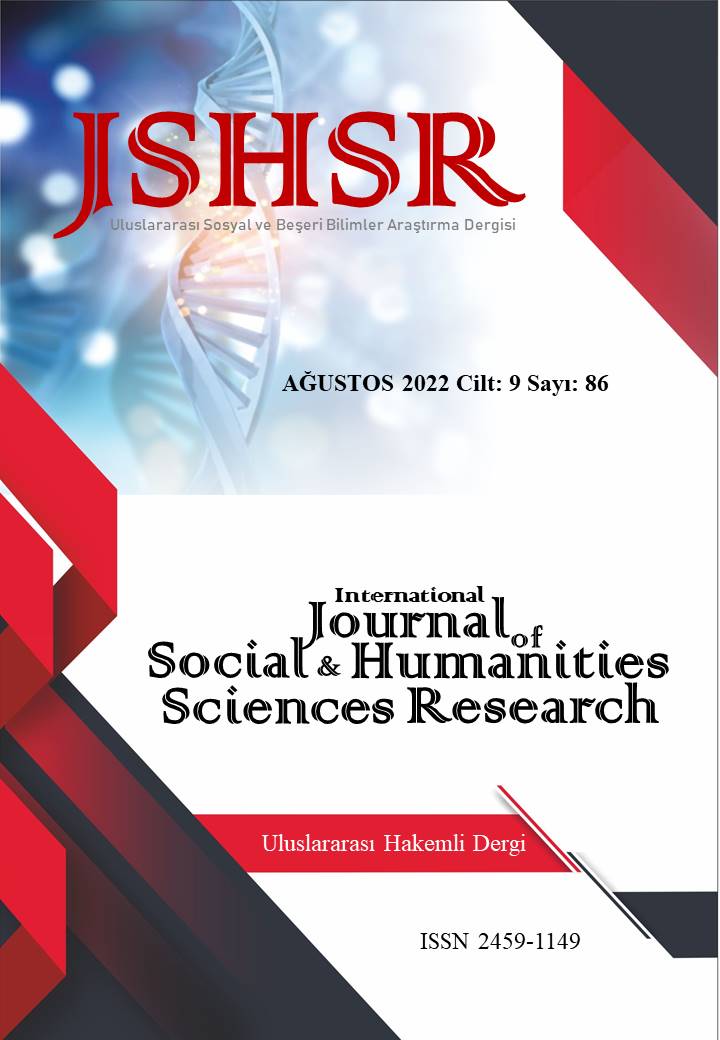INTERNATIONAL FINANCIAL REPORTING STANDARDS RELATIONSHIP WITH THE MANAGEMENT ECONOMY
DOI:
https://doi.org/10.26450/jshsr.3181Keywords:
Management Economics, International Reporting Standards, UFRSAbstract
The historical development of International Financial Reporting Standards, how it is used in the world, the positive aspects of International Financial Reporting Standards in terms of business management, investor relations, and lenders were examined and finally, its relationship with the management economy was evaluated.
In 2001, Enron Energy Company, the seventh largest company in the USA, revised the financial statements containing the loss reports for 5 years and announced a loss of $ 586 million, and decided to go bankrupt. The company has shown its value of 3 cents per share over the past 5 years, hiding the real value of the company, and making Enron's bankruptcy in this way once again focused on making the financial statements transparent, understandable, and easily accessible by the principle principle-based US GAAP standards by investors and shareholders who want to reach Since these standards could not be controlled when requested, these standards were replaced by financial reporting, which is a rule-based and understandable standard with the collapse of Enron company. International Financial Reporting Standards have been used in many countries, especially in Europe.
From a micro point of view, if businesses do not adapt their financial statements to financial reporting standards, they cannot attract new investors, nor can they maintain dignity, and demonstrate their reliability, transparency, and fairness.
The stronger the financial statements prepared by applying UFRS, or the lower the reverse, our business will be affected on the same scale. There is a mutual positive pattern between financial reporting and the Management Economy.
Downloads
Published
How to Cite
Issue
Section
License
Copyright (c) 2022 INTERNATIONAL JOURNAL OF SOCIAL HUMANITIES SCIENCES RESEARCH

This work is licensed under a Creative Commons Attribution 4.0 International License.


